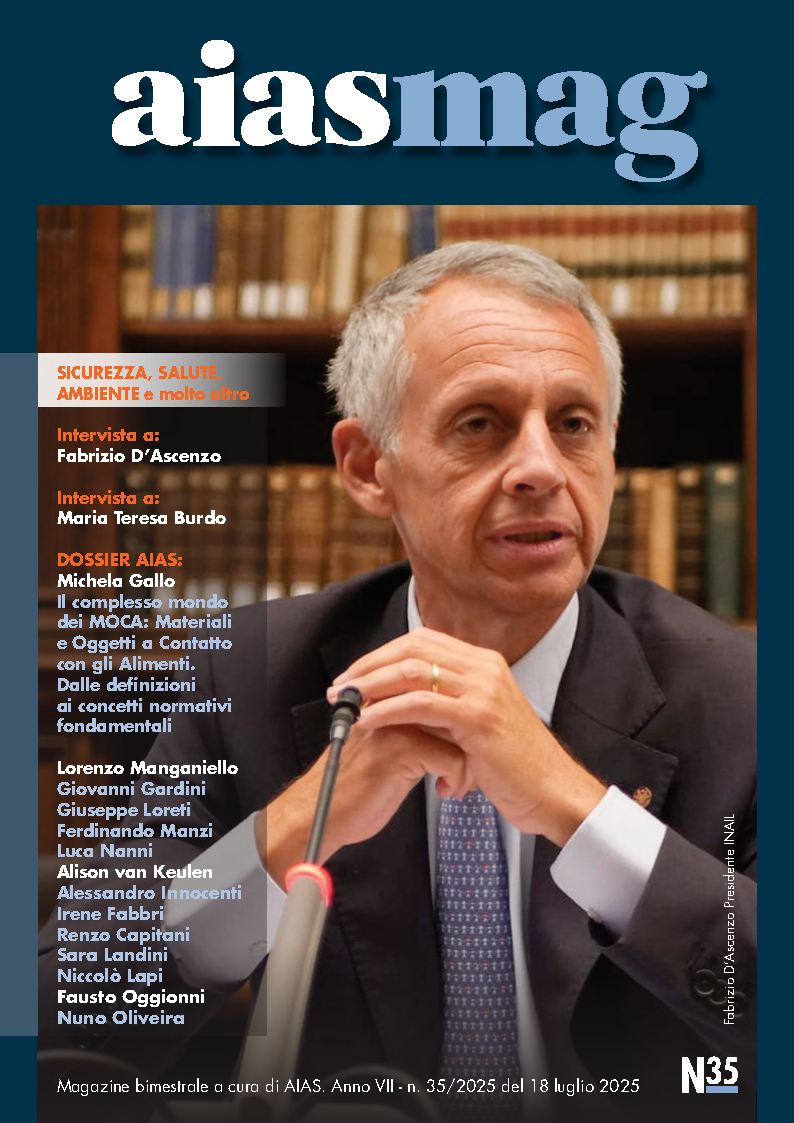Handbook for Learning Lessons from Chemical Incidents

This document is a publication by the Joint Research Centre (JRC), the European Commission’s science and knowledge service
Abstract
Effective risk management and oversight of technological risks require the judicious application of lessons learned to prevent future technological incidents and control their impacts. In this respect, the number and diversity of industries, substances, equipment, and processes, make learning lessons from chemical accidents particularly challenging. Throughout the risk management cycle, it is critical to have competences involved that are able to use past accidents to identify and apply relevant lessons learned to a wider range of scenarios involving different substances, equipment, processes, establishments and industries. Auditors and inspectors also need to know what constitutes a useful accident report and good lessons learned practice. There should also be competence in lessons learning available to help management and authorities use accident information to change their risk management practices and requirements, and conduct learning investigations of their incidents. Despite this need, techniques for analyzing lessons learned, and conducting learning investigations, are not widely taught as part of the engineering disciplines that underpin the industrial economy. Learning and analysis for learning are traditionally disciplines of the social sciences and there is not always sufficient cross-fertilization between the disciplines. Therefore, this handbook is written to try to fill that gap. It is mainly intended for the engineers that work daily with the processes and systems where lessons learning should be applied. It is specifically aimed to build competence in lessons learning in the chemical accident stakeholder community, in particular, inspectors of hazardous sites, but also is just as relevant for operators of these sites. Moreover, the concepts and techniques are equally effective in extracting lessons learned from other types of technological risks.
-
Rischio chimicoVAI AL SITO AIASACADEMY
-
Rischio ChimicoPARTECIPA







